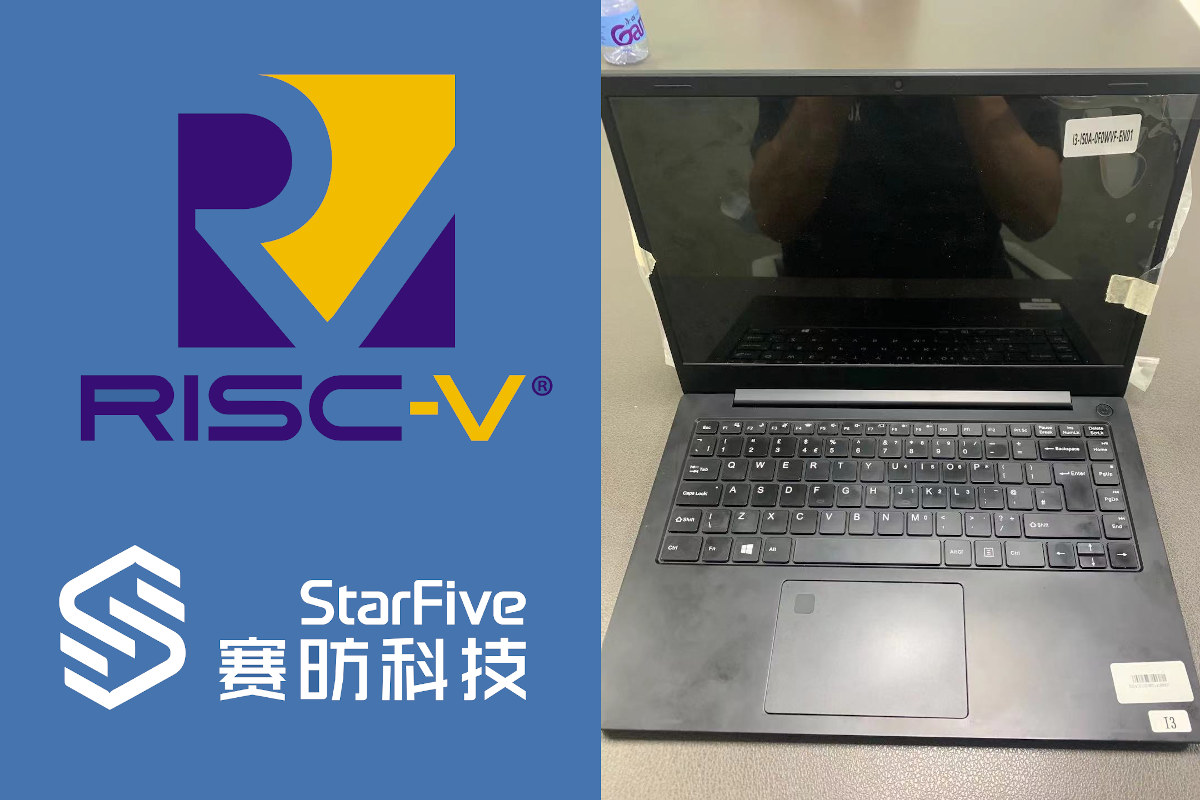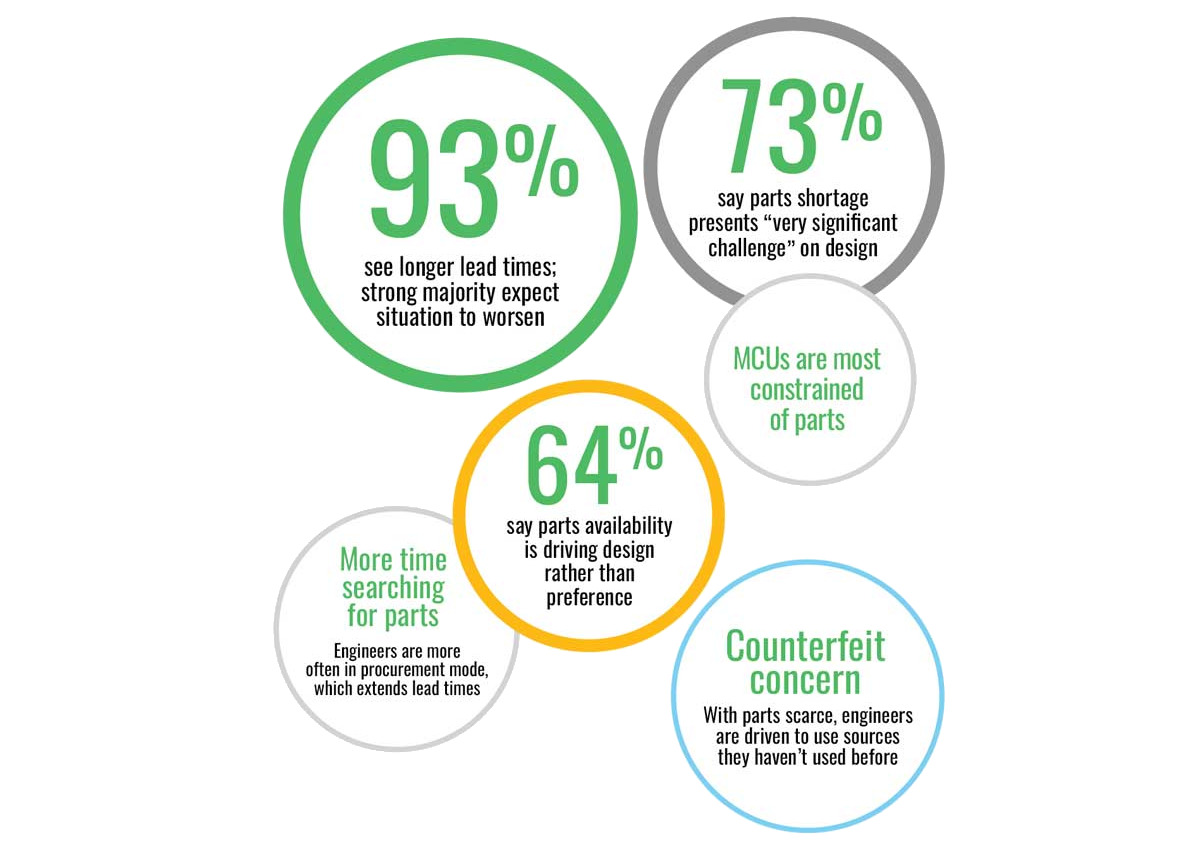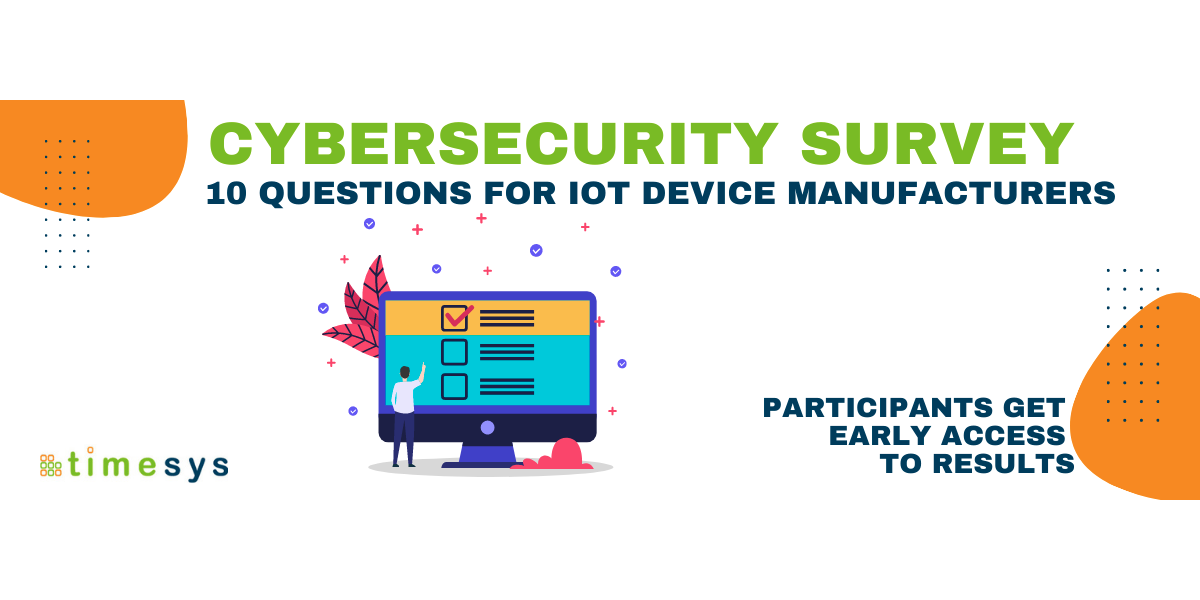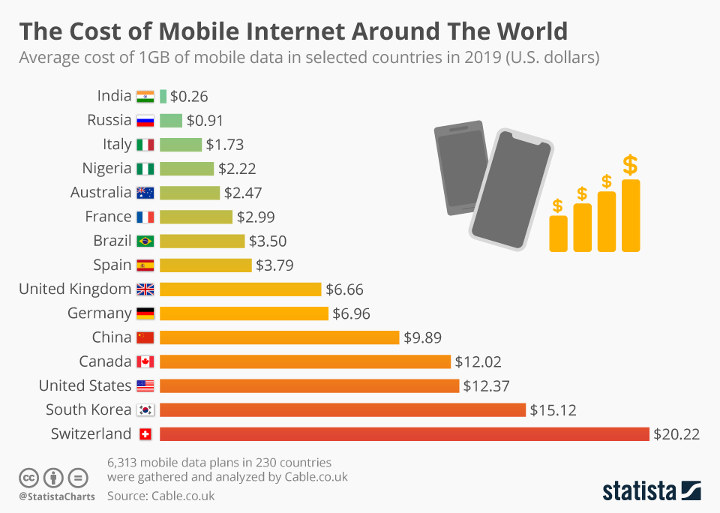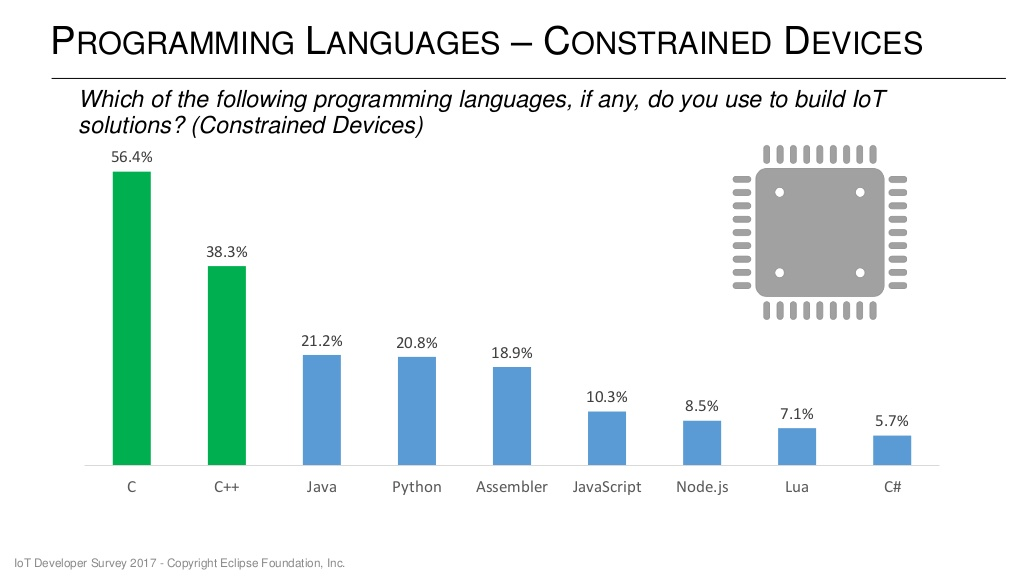Mark Himelstein, Chief Technology Officer, RISC-V International, and Dr. Philipp Tomsich, Chief Technologist & Founder, VRULL GmbH hinted that we may see a RISC-V laptop in 2022 in a presentation entitled “From Technology to Product – Maturing the RISC-V Ecosystem” with one of the slides showing what could be a RISC-V laptop prototype and The Register suspected it might come from the Institute of Software at the Chinese Academy of Sciences (ISCAS) since it was planning to build 2,000 RISC-V laptops by the end of 2022. But there’s at least one more potential RISC-V laptop project coming our way with StarFive asking users to fill out a survey about a laptop, mini PC, or development board/SBC based on a RISC-V SoC with performance comparable to Rockchip RK3588 or MediaTek MT8192 octa-core Cortex-A76/Cortex-A55 processors. The hardware and software specifications of the device will depend on the answers to the survey. First, it’s […]
Avnet survey shows chip shortage impacts most designs, increases engineers workload
Avnet has just released a survey of global engineers asking them how they were coping with the global chip shortage, longer lead times, and the impact on product design. Note that most of the 530 respondents are from EMEA (56%), and the US (31%), while only 10% are in Asia, and 2% are in Japan (I understand Asia means ex-Japan here), so it may not perfectly reflect the global situation, but the results are interesting nonetheless. If times have been challenging for your company/project, know that you are not alone, and 98% percent of respondents have had troubles accessing parts, 93% has experienced longer lead times, 73% of the survey respondents say the chip shortage presents a significant challenge, and 64% are now selecting parts based on availability rather than preference. Microcontrollers are the most challenging part to get hold of (think STM32), which has led to an increase in […]
5-minute Cybersecurity Survey for IoT Device Manufacturers (Sponsored)
Calling all software developers, hardware designers, product security engineers, QA, engineering managers, and executives in the field to participate in a global, industry-wide survey. With nearly 50 new CVEs found every day in 2021, 90% of hospitals hacked, and cybersecurity attacks constantly in the headlines, it’s time to take stock of security preparedness in IoT. Timesys, an industry pioneer in embedded software and cybersecurity for embedded, is taking on that challenge. And to get a better understanding of where IoT device manufacturers are in their cybersecurity journey, Timesys has launched a global, industry-wide survey. The entire survey is only ten questions and should take under five minutes to answer. The survey includes driving factors for security, security processes being implemented, specific technologies being used, security challenges companies are facing, and more. It’s designed to be a broad survey, geared toward developers, security teams, and engineering managers. Take the survey here. […]
Cost of Mobile Data Around the World
The price of products often vary around the world due to taxes, regulations, and cost of living. In many cases, that’s just a few tens of percents, but in some others the price may vary a lot more, as in many folds. For example, medicines are usually way more expensive in developed countries – and harder to buy -, and based on a study by Cable.co.uk, the price of 1GB mobile data varies massively across the world with India having the cheapest average cost of $0.26 US, and Zimbabwe the highest at $75.20. Price varies a lot even for neighboring countries. So if you live in Geneva in Switzerland where the average price for 1GB is $20.22, it may pay off to get signal from France (if possible) where the average cost is only $2.99. One should bear in mind that determining the average price of 1GB of mobile data […]
Top Programming Languages & Operating Systems for the Internet of Things
The Eclipse foundation has recently done its IoT Developer Survey answered by 713 developers, where they asked IoT programming languages, cloud platforms, IoT operating systems, messaging protocols (MQTT, HTTP), IoT hardware architectures and more. The results have now been published. So let’s have a look at some of the slides, especially with regards to programming languages and operating systems bearing in mind that IoT is a general terms that may apply to sensors, gateways and the cloud, so the survey correctly separated languages for different segments of the IoT ecosystem. C and C++ are still the preferred languages for constrained devices, and developers are normally using more than one language as the total is well over 100%. IoT gateways are more powerful and resourceful (memory/storage) hardware, so it’s no surprise higher level languages like Java and Python join C and C++, with Java being the most used language with 40.8% […]
Android to get 50% of smartphones market share by 2012
A Gartner’s study expects worldwide smartphone sales will reach 468 million units in 2011, a 57.7 percent increase from 2010. By the end of 2011, Android will move to become the most popular operating system (OS) worldwide and will build on its strength to account for 49 percent of the smartphone market by 2012 (Cf. Table 1). Sales of open OS (meaning with SDK, not necessarily open source) devices will account for 26 percent of all mobile handset device sales in 2011, and are expected to surpass the 1 billion mark by 2015, when they will account for 47 percent of the total mobile device market. Gartner also expects the price of Android to dramatically decrease by 2015 with 67 percent of all open OS devices with an average selling price of $300 or below. Here are the projection of smartphones sales by OS until 2015: OS 2010 2011 2012 […]


